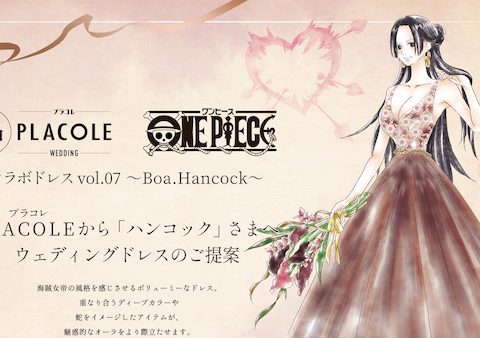 Mikuri is a licensed clinical psychologist with postgraduate qualifications who is struggling to keep a job. Any job. While she’s living with her parents, her father finds her work as a housekeeper for the picky Mr. Tsuzaki, a former colleague of his.
Mikuri is a licensed clinical psychologist with postgraduate qualifications who is struggling to keep a job. Any job. While she’s living with her parents, her father finds her work as a housekeeper for the picky Mr. Tsuzaki, a former colleague of his.
When her parents decide to leave town, Mikuri muses out loud that she could stay as Mr. Tsuzaki’s live-in housekeeper if they got married — a professional offer he decides to take her up on. They enter into a common-law marriage as employer and employee, with no physical contact and Tsuzaki paying Mikuri for her work exactly as before, with overtime for new duties like family visits and hosting dinner parties. It all seems straightforward until the people around them start questioning why newlyweds would be so formal with each other…
In Mikuri and Tsuzaki’s purely practical arrangement, expectations are clear and extra work compensated fairly. Want to date someone? No problem—just keep it out of the workplace. It’s a very logical take on human relationships until, predictably, emotions complicate the situation. However, even then Mikuri and Tsuzaki seem content to navigate these complications on their own terms. It’s easy to understand the appeal of this setup, particularly for those who may have graduated into an economic crisis and struggled to find lasting relationships or work. The problems Mikuri and Tsuzaki face are familiar; they just present a novel solution.
To match this straightforward and rational approach to relationships, the character design is clean and mature. There is no sense that Mikuri is only one makeover away from beauty queen status, or that Tsuzaki is a secret hottie who just needs to take his glasses off. The closest we get to glamour is in Mikuri’s daydreams, where  narrative devices from talk shows to musicals convey her inner monologue before she snaps back to reality. These scenes are well integrated, though, delivering extra information and character depth without distracting from the simple main story.
narrative devices from talk shows to musicals convey her inner monologue before she snaps back to reality. These scenes are well integrated, though, delivering extra information and character depth without distracting from the simple main story.
This is not a dramatic or fast-paced story, and the characters aren’t individually that charismatic or engaging. Your investment in the story will likely depend on how intriguing you find the setup. Later volumes hint at greater development for all the main characters, particularly Mikuri, who begins to put her psychology background to as much use as she can. However, the major appeal is in seeing if and how romance can develop with such a clinical arrangement in place. Recommended.
publisher: Kodansha
story and art: Tsunami Umino
rating: 16+
This story appears in the October 2017 issue of Otaku USA Magazine. Click here to get a print copy.


![Yokohama Station SF [Manga Review] Yokohama Station SF [Manga Review]](https://otakuusamagazine.com/wp-content/uploads/2023/11/Yokohama-Station-SF-v2-crop2-480x360.jpg)
![Manner of Death [Review] Manner of Death [Review]](https://otakuusamagazine.com/wp-content/uploads/2023/10/manner-of-death-v2-crop-480x360.jpg)
![Origin [Review] Origin [Review]](https://otakuusamagazine.com/wp-content/uploads/2023/10/origin-10-crop-480x360.jpg)

![Lady Oscar: The Rose of Versailles [Anime Review] Lady Oscar: The Rose of Versailles [Anime Review]](https://otakuusamagazine.com/wp-content/uploads/2021/11/RoV_Vol2_Front_CoverArt_V1-480x360.jpg)
